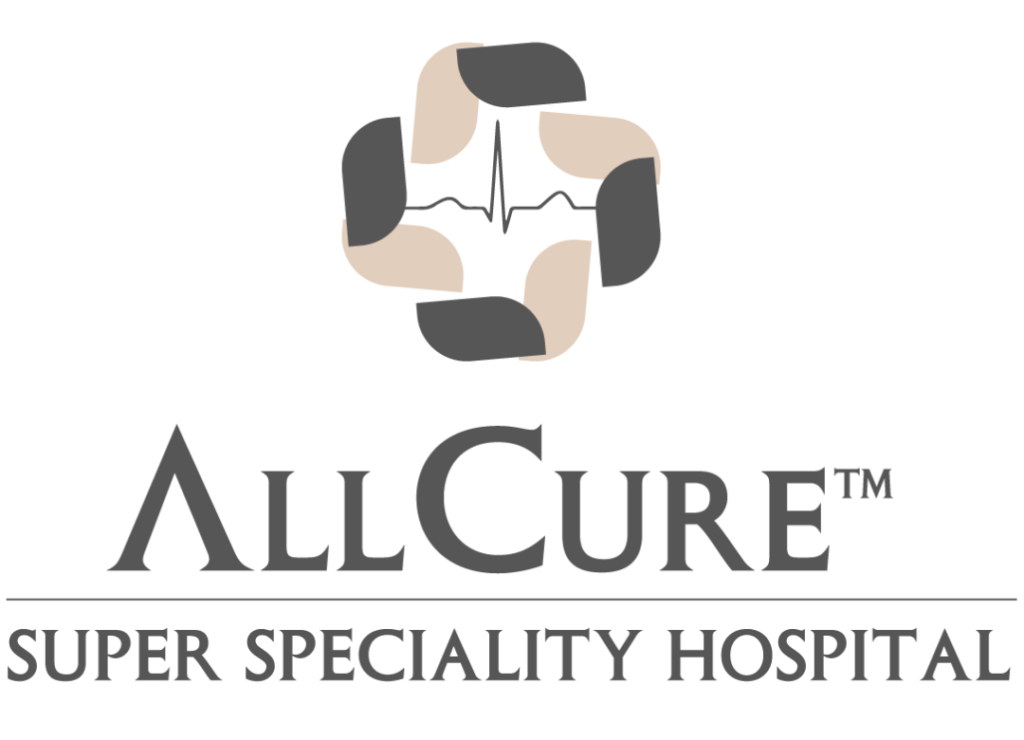Preventive health check-ups play a crucial role in maintaining overall well-being by identifying potential health issues before they become serious. Regular health screenings, tailored to different age groups, can lead to early detection and more effective management of health conditions. Embracing preventive health care measures, including vaccinations, not only improves individual health but also provides significant financial benefits.
The Benefits of Regular Health Screenings
Regular health screenings are essential for detecting health conditions early when they are most treatable. These screenings can identify risk factors for chronic diseases such as diabetes, heart disease, and cancer.
By catching these issues early, individuals can take proactive steps to manage their health, potentially avoiding severe complications and improving their quality of life. Preventive health check-ups can lead to better health outcomes and increased longevity.
The Key Preventive Health Tests for Different Age Groups
Preventive health check-ups should be age-specific to address the unique health risks and needs at different stages of life. For children and adolescents, regular check-ups often include vaccinations, growth and development assessments, and screenings for vision and hearing issues.
Adults may need more comprehensive screenings, such as blood pressure checks, cholesterol tests, and diabetes screenings. For older adults, screenings for osteoporosis, colorectal cancer, and cognitive health become increasingly important. Tailoring health check-ups to age-specific needs ensures that individuals receive the most relevant and effective preventive care.
Early Detection of Health Conditions Through Check-ups
One of the primary benefits of medical health check-ups is the early detection of health conditions. Early diagnosis can significantly improve the prognosis and treatment options for many diseases. For instance, cancers detected at an early stage through screenings like mammograms or colonoscopies are often more treatable and have better survival rates.
Regular health screenings can also detect conditions such as hypertension and high cholesterol, which can be managed effectively with lifestyle changes and medications, preventing more severe health issues down the line.
The Importance of Vaccinations in Preventive Healthcare
Vaccinations are a critical component of preventive healthcare. They protect individuals from infectious diseases that can cause severe illness and complications. Vaccinations not only safeguard the individual but also contribute to community health by reducing the spread of contagious diseases.
Staying up-to-date with recommended vaccines, such as flu shots, measles, mumps, rubella (MMR), and COVID-19 vaccines, is essential for maintaining public health and preventing outbreaks.
Understanding Preventive Care Guidelines
Preventive care guidelines provide a framework for the types of screenings and medical health check-ups recommended at various stages of life. These guidelines are developed based on research and expert consensus to maximize health benefits and prevent diseases.
It is important for individuals to be aware of and follow these guidelines to ensure they receive appropriate and timely preventive care. Regular consultations with healthcare providers can help individuals stay informed about the necessary screenings and vaccines for their age and risk factors.
The Financial Benefits of Preventive Health Check-ups
Investing in preventive health check-ups can lead to significant financial savings in the long run. By detecting and addressing health issues early, individuals can avoid costly medical treatments and hospitalizations that often result from advanced diseases.
Preventive care also reduces the economic burden on the healthcare system by decreasing the prevalence of chronic conditions and improving population health. Many health insurance plans cover preventive services, making it more accessible and affordable for individuals to take advantage of these benefits.
Tips for Making Preventive Care a Priority in Your Routine
Incorporating healthcare prevention measures into your routine requires a proactive approach. Here are some tips to make it a priority:
- Schedule regular health check-ups and stick to them.
- Stay informed about the recommended screenings and vaccines for your age group.
- Adopt a healthy lifestyle, including a balanced diet, regular exercise, and avoiding harmful habits like smoking.
- Keep track of your health records and screenings to ensure you are up-to-date.
- Educate yourself and your family about the importance of preventive health measures.
By making preventive health check-ups a regular part of your routine, you can take control of your health and well-being, ensuring a healthier and more fulfilling life.
In conclusion, preventive health check-ups, including regular health screenings and vaccinations, are vital for early detection and management of health conditions. Following preventive care guidelines and prioritizing health screenings can lead to better health outcomes and financial savings. Embrace preventive healthcare today to secure a healthier future!
Schedule your preventive health check-up at Allcure Hospital to take the first step toward better health today!
